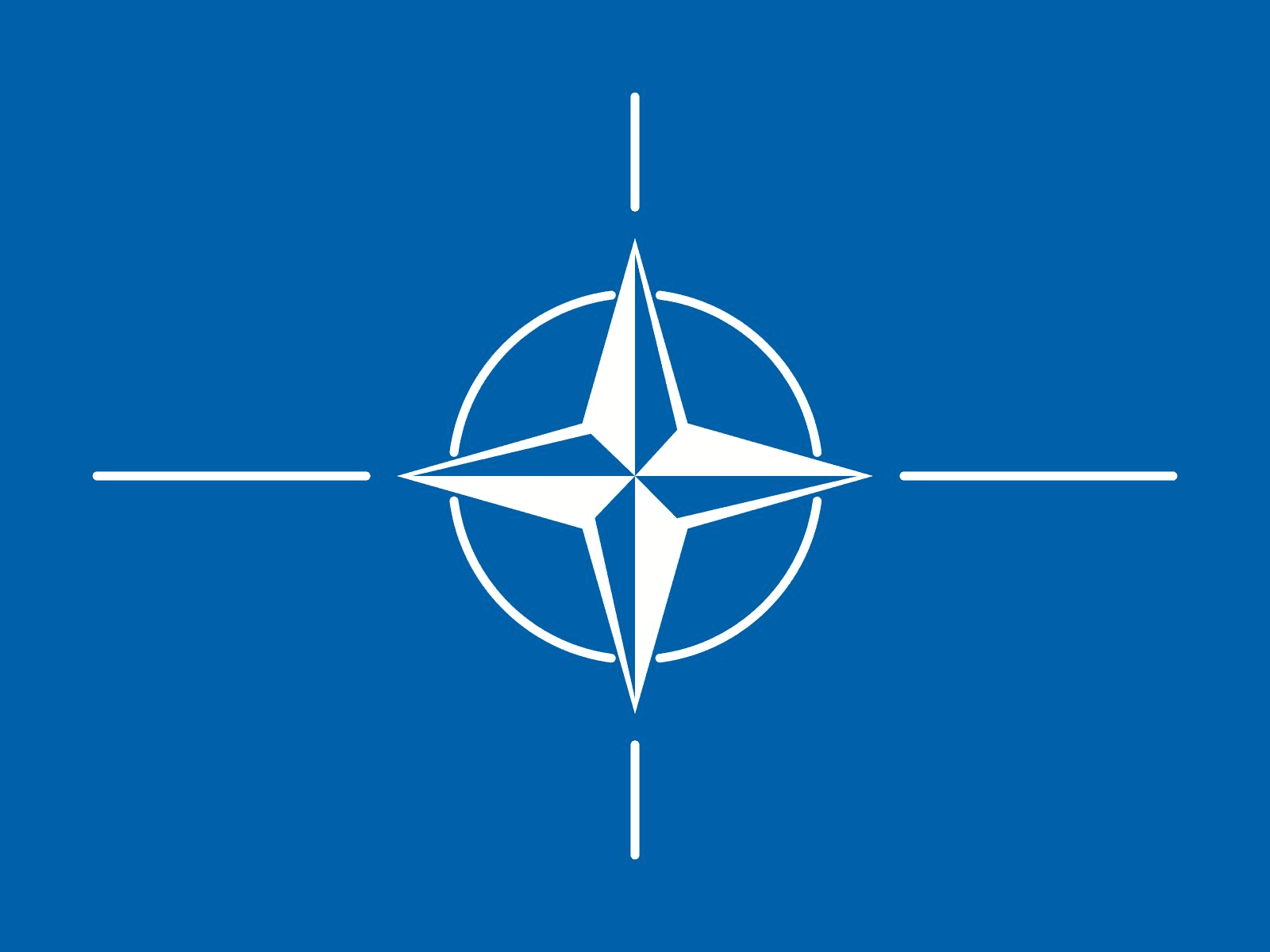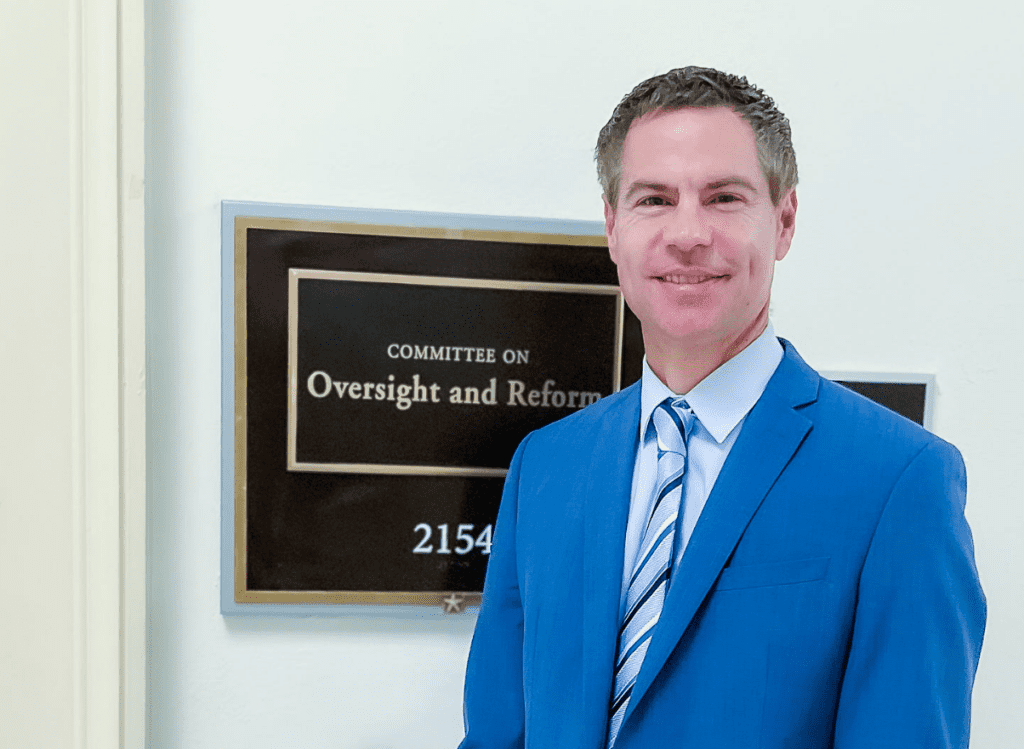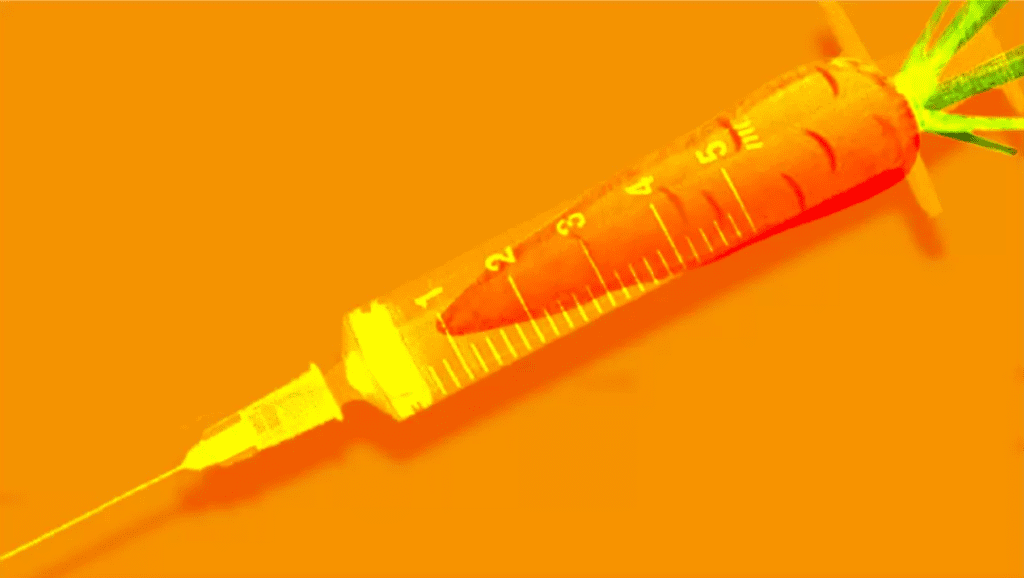

Will the Heavy Price European Countries are Paying for Sanctioning Russia Break the Western Alliance?
Imagine that you have an aggressive friend.
He’s a nice guy and usually quite honest, but he tends to pick fights that he doesn’t always finish. For years, he has been goading a group of guys that you see at the gym. There have been a few scuffles where you kept your distance, but you worry that soon something big will kick off. One day you walk outside the gym, and the guys are there gearing up for a fight. While you try to calm them down, your friend who started the fight runs away. You get beaten to a pulp and end up in hospital. Do you remain friends with the guy? Probably not.
This is effectively Europe’s position vis-à-vis America when it comes to sanctions against Russia.
The present conflict between Russia and Ukraine began, in a limited way, back in 2014. European leaders initially said they wanted nothing to do with it. They were content with their economic ties to Russia, and did not want a major flashpoint so close to their borders. Europe had taken much heavier and sustained losses than the United States in the Second World War, so they were much more inclined toward peace.
When the war kicked off in February of this year, Europe signed up to the fight. In public, European leaders have been gung-ho in offering their support to Ukraine. But if you read between the lines, you can see they’re unsure if taking part is a good idea. European leaders convinced themselves that they could limit their involvement to a few piecemeal sanctions and some weapons systems. On this reading, it would cost European countries a pretty penny, but it wouldn’t break the bank.
In recent weeks, as Russia has begun starving Europe of natural gas in the run-up to winter, it has become clear that Europe’s support for Ukraine will break the bank – assuming Goldman Sachs and others are wrong about gas prices falling, as I argue in UnHerd. In fact, it will not just break the bank; it will also break the factory and the bakery and most other facets of the economy. European leaders worry – sometimes publicly – about civil unrest and deindustrialisation; that is, a complete demolition of European industry.
When the leaders of these European countries turn around to see what America is doing, they see it sitting pretty. America has plenty of energy. True, the war is putting upward pressure on prices, and this has been hard for President Biden in the polls. But America is not facing a major economic crisis. The American response to the concerns of European leaders is pretty blasé too.
In their kinder moments, the Americans make promises to the Europeans (about Liquid Natural Gas, for example) that both sides know they cannot keep. In their unkinder moments, they laugh at the Europeans for running fanciful green energy schemes and allowing Russia – who most Western European leaders did not view as their adversary until recently – to gain control over their energy supplies.
Right now, Europe’s leaders are watching the Americans sneak away while they face a hefty beating. After this winter, many European countries will wake up cold, sore, and alone in a hospital bed. If their leaders pick up the phone and call the Americans, they will hear a voice on the other line suggesting they do it again next winter, assuming the war in Ukraine continues. Does anyone honestly believe that the alliance between Europe and America will survive this?
Not a chance. The alliance will break. Either the mainstream parties will gradually walk away from the sanctions and then, ever so slowly, renormalise relations with Russia. Or they’ll get forcibly ejected through a vote, and populist parties will tear up the sanctions and perhaps even pull out of NATO.
Are the Americans and the Europeans aware of this possibility? Whispers suggest they are.
Last week, The Washington Post reported that “White House officials are growing increasingly alarmed about Europe’s energy crisis”, which could “put new strains on a U.S.-Europe alliance that has proven surprisingly resilient since the start of the war”. Yet the fact that it has taken the Americans until now to realise this, when it should have been obvious immediately, means that we’re probably beyond the point of no return.
As I have written elsewhere: historians will look back on winter 2022-23 and ask why the Europe’s political leaders behaved so recklessly and the Americans encouraged them to do it, and wonder why. To which I can only suggest: war enthusiasm; absurd overconfidence; extremely poor economic analysis; political inertia, and a lack of proper leadership.
Philip Pilkington is a macroeconomist and investment professional. You can follow him on Twitter here and subscribe to his Substack newsletter here.







